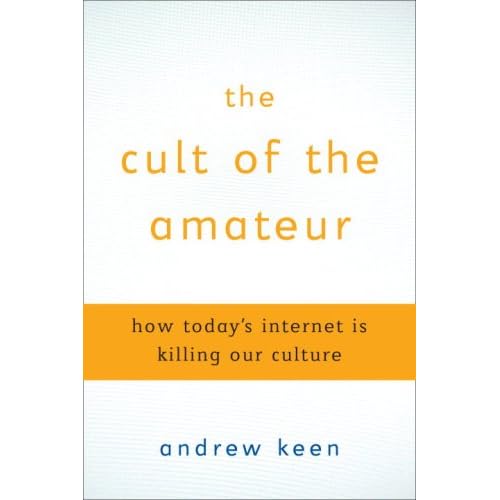 There’s a reason to my lack of posting lately. It has to do with a newspaper article I read poolside at the Nana Hotel in
There’s a reason to my lack of posting lately. It has to do with a newspaper article I read poolside at the Nana Hotel in There is a compounding element that has added to my paralyzed efforts. Much of the content I produce is based on Buddhist philosophy. One of the Buddhist principles is to not disseminate false information (ubiquitous in all faiths... I think). Ethically I do have some responsibility to be accurate when presenting any material; personally, I feel this even stronger in the context of religion or spirituality. While never presenting myself as an expert on the subject and using some good-ol’ fashioned doing the best I can, I hope to maintain some form of immunity.
I read those words and can not help but wonder: Immunity from what???
Do we need immunity in order to speak or act or write? Do we need licenses – certifications of authenticity – to empower us to share an idea, opinion or belief? Is the onus on the speaker, and not the listener, to define what is fact and what is conjecture? If so, I need to shut up a long time ago.
Similar to the padded playground where no one learns to be careful because they don’t understand how much broken bones hurt, people are trying to muzzle free, misinformed, communication. Long before the world became literate (or started down that path), Og was free to go up to
The cult of amateur goes back much further than the internet, so does the killing of culture. Amateurs have been badly fixing their own tools, poorly advising their children, inappropriately consoling their heartbroken friends and a doing a bad job with a whole plethora of other things for centuries. They’ve had no formal training, often gave lousy advise and disastrous results have followed. Other times, a laymen has provided good advice leading to healthy marriages, community progress, even scientific or artistic breakthroughs. Sometimes, it’s not even the quality of the advice but the cathartic nature of communication itself which spawns a bright ending.
So, if communication – and I stress, communication of unwittingly false information – is the death of our culture, how long ago did our culture begin to die? Certainly no one ever thought that cats would steal the souls from sleeping infants and no one ever told another person that bathing was a deadly act. No chef ever told another that tomatoes were poisonous and there was never an educated person who believed the world was flat.
My opinion, which is always to be regarded with great skepticism, is that the cult of amateur is exactly what defines culture. It is the expert who categorizes culture, yet it is the amateur who constitutes it. Nothing new is happening here. Og and Toh grunted. Horace Greeley duked it out with the penny press. Oprah hosted the highest rated talk show in television history. Og, Toh, Horace and, I believe, Oprah, had no college education, no doctorate in anything and certainly no credentials other than they experienced, they listened, they decided what they believed and then they spoke up – sometimes inaccurately with disastrous results. Calling Horace and Oprah amateurs isn’t really fair since they are experts in spinning information. However with the clarity of retrospect, ask a General and not a newspaper editor where to send troops; ask a therapist and not a talk show host how to save your marriage.
Are we a culture who buys into bogus beliefs? Certainly. Yet, it isn’t the people spewing those beliefs who need corrective action. It is the audience who must question the source and the validity of anything they hear or read. It’s a scary world out there. You will be on your own deciding what to believe and what to dismiss. Have faith that you, too, will make a bad decision from time to time. You will probably also say something that isn’t exactly true. But don’t worry about killing your own culture, it’s been dying for a lot longer than you think.
[By the way, some things in this entry I looked up on the internet. It’s definitely all true, because someone put it on a website.]